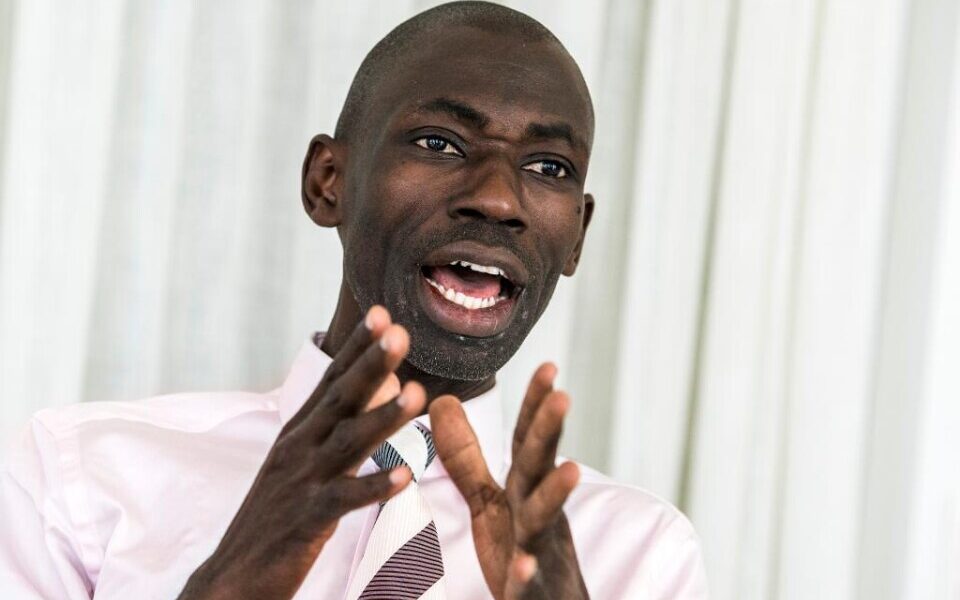By Gladys Fred Kole
One year after signing four key human rights treaties, South Sudan has yet to take concrete steps to implement them, raising concerns from civil society.
Community Empowerment for Progress Organization (CEPO) says government inactive in implementing the four key human rights treaties signed a year ago.
According to CEPO Executive Director Edmund Yakani, the government has yet to take concrete steps to enact the treaties into domestic law or develop action plans for their implementation.
“No any developed National Action Plans for the implementation of these instruments except National Ministry of Gender, Child and Social Welfare is striking remarkable efforts on developing nation action for UNCRPD and Maputo protocol.” Yakani underlined.
He commended the Ministry of Gender, Child and Social Welfare for its efforts in developing national action plans for two of the treaties, but emphasized that further action is urgently needed across the board.
The activist believes the government is missing a crucial opportunity to improve its human rights record and protect its citizens.
He stressed the importance of adequately funding institutions like the National Human Rights Commission to effectively implement these treaties.
Despite the government’s inaction, CEPO, in collaboration with other organizations, is taking matters into its own hands.
Yakani said they plan to introduce a private member bill promoting and protecting the rights of persons with disabilities, highlighting a progressive approach to addressing human rights concerns.
His concerns echo those of the UN Human Rights Council, which expressed deep worry about the ongoing human rights crisis in South Sudan in which speakers urged accountability for crimes like extrajudicial killings, sexual violence, and attacks on civilians.
On February 24, 2023, President Salva Kiir signed the UN Convention on the Rights of Persons with Disabilities, UN Convention on Economic, Social and Cultural Rights, UN Convention on Political and Civil Rights, and the Paris Agreement on Climate Change, demonstrating a commitment to human rights and environmental protection.
As South Sudan continues to face significant challenges, the failure to implement the international treaties raises serious questions about the government’s commitment to human rights.
Urgent action is needed to domesticate these treaties, develop concrete action plans, and ensure accountability for human rights abuses.




